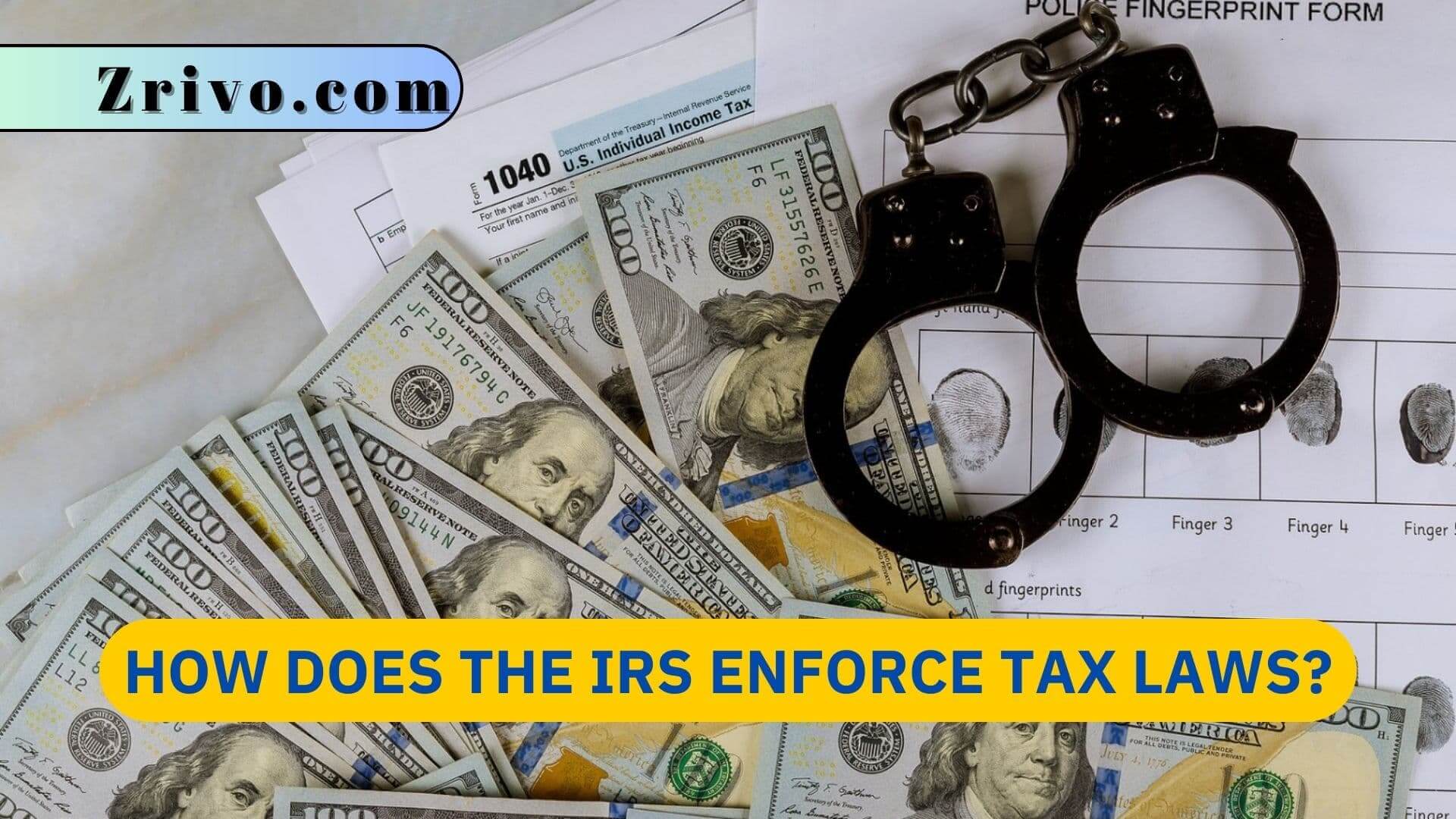Taxation is vital to any functioning government, providing the necessary funds to support public services and infrastructure. In the United States, the Internal Revenue Service (IRS) plays a crucial role in upholding tax laws, ensuring compliance, and collecting revenue. The IRS, a Department of the Treasury bureau, is responsible for administering and enforcing the federal tax laws established by the United States Congress. Its primary goal is to promote voluntary compliance by educating taxpayers, processing tax returns, and collecting taxes owed. However, when non-compliance occurs, the IRS is empowered to take various enforcement actions to uphold tax laws.
What are the Key Tax Rules?
The IRS oversees many tax rules, but some carry more weight and significance than others. Here are some important tax rules that are especially prioritized by the IRS:
- Taxpayers must accurately file their tax returns and report all sources of income, including wages, self-employment income, investment income, and more. Failure to report income or filing fraudulent returns are serious violations.
- The IRS pays close attention to deductions and credits claimed by taxpayers, ensuring that they are legitimate and properly supported by documentation. Charitable contributions, business expenses, and educational credits are areas of focus.
- The use of valid TINs, such as Social Security numbers (SSNs) or Employer Identification Numbers (EINs), is crucial for accurate tax reporting. Employers and financial institutions are required to verify TINs and report income associated with them.
- Employers are responsible for correctly withholding and paying payroll taxes, including income tax withholding, Social Security, and Medicare taxes. The IRS monitors compliance with employment tax rules to ensure proper contributions.
- The IRS emphasizes compliance with tax laws relating to international activities, such as foreign income reporting, reporting of foreign bank accounts (FBAR), and adherence to the Foreign Account Tax Compliance Act (FATCA).
Tax Law Enforcement Methods of the IRS
The IRS employs various methods to uphold tax laws and ensure compliance. Some notable enforcement methods include:
- Audits: The IRS conducts audits to review and verify the accuracy of tax returns. Audits can be random or triggered by specific factors, such as discrepancies in reported income or deductions. For instance, if a taxpayer claims excessive deductions for business expenses, the IRS may audit their return to verify the legitimacy of the claimed expenses.
- Penalties and Interest: The IRS imposes penalties and interest on taxpayers who fail to comply with tax laws. Penalties for late filing, underpayment, negligence, and more can be assessed. The accrual of interest ensures that taxpayers are accountable for unpaid taxes.
- Collection Actions: When taxpayers fail to pay their taxes, the IRS can take collection actions, such as placing liens on property, garnishing wages, or seizing assets. These actions serve as a last resort to recover unpaid taxes.
- Criminal Investigations: In cases involving deliberate tax evasion or fraud, the IRS collaborates with the Department of Justice to conduct criminal investigations. Prosecutions can lead to fines, penalties, and even imprisonment.
Examples
- A small business owner significantly underreports their income, concealing cash transactions to avoid paying taxes. The IRS may initiate an audit, reviewing the business’s records, conducting interviews, and potentially uncovering the unreported income.
- An individual falsely claims excessive deductions for charitable contributions without proper documentation. Through its audit process, the IRS may identify the fraudulent deductions and impose penalties accordingly.
